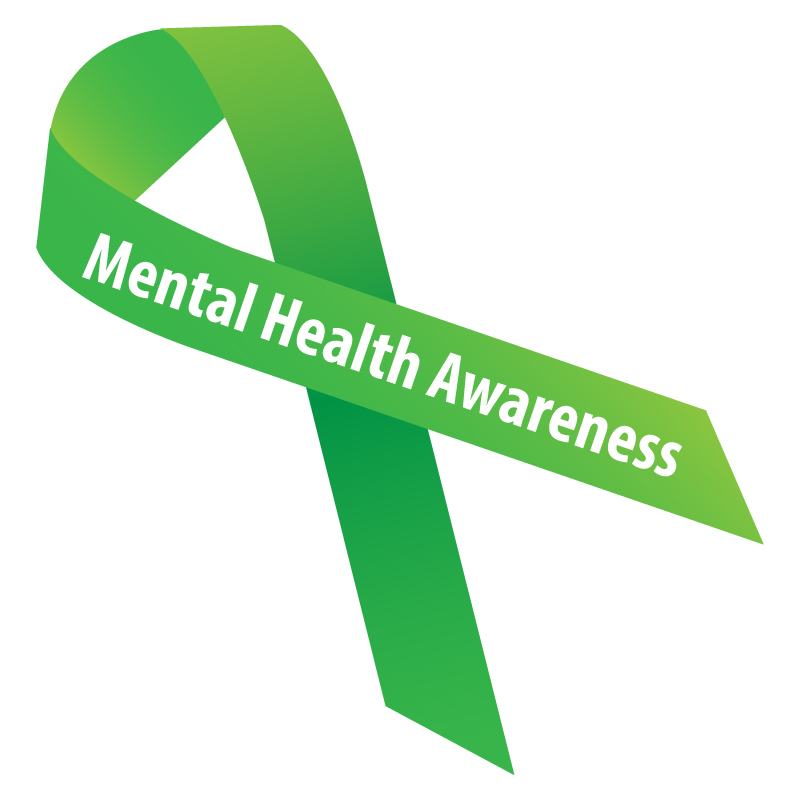Mental Health Disorders or Guns?
From January 1st to mid-April, there have been 16,392 gun related incidents, including 64 mass shootings. Gun violence is a continuing problem, but why does it seem to worsen every year? America is struggling to find a solution, but perhaps we’re missing the most important problem.
It seems logical that taking away guns will prevent gun violence, but are guns really to blame? We didn’t blame the planes for the tragedy of 9/11. We didn’t blame the bombs for the Boston bombing, so why should we blame the guns for mass shootings? Guns don’t kill people all by themselves, it’s when people pick them up they become a weapon. The people using the guns are becoming the problem, but what kind of people use guns for no reason other than violence?
No person in their right mindset walks into a school and starts shooting innocent people. Anyone who is violent enough to carry out a mass shooting, could have something affecting their mental state. In the recent Parkland shooting, the perpetrator displayed many signs of mental illness prior to the massacre. Over the years, Nikolas Cruz had gradually shown an interest in guns and violence. He struggled with bullying, and the loss of his mother, causing him depression. Cruz was also seen as a threat throughout his community because of his dangerous behavior, such as picking fights and collecting weapons. He even went as far as to call himself a “professional school shooter” online. His behavior raised many red flags, yet there was no effective interventions.
In 1971, Florida passed an act called the “Florida mental health act” or more commonly known as “The Baker Act”. That allows any individual to be involuntarily committed into a mental health facility to be evaluated for up to 72 hours. Back in 2016, a school resource officer at Parkland had some mental health concerns about Cruz. He recommended that he be committed to a mental health facility under the Baker Act, but two mental health professionals said he didn’t fit the criteria for an involuntary committal. If Cruz was committed, it could have now prevented him to buy a firearm under Florida state law.
America has a past history of ignoring mental health. According to Fox News, in a study of 185 mass public shootings, around 60% of the shooters either showed signs of mental illness or were diagnosed with a disorder. “Typically what we see with those who carry out a mass public shooting is that they do suffer from a mental disorder, in some cases it’s diagnosable, or there’s some information from friends and family that indicates they suffered from mental illness,” says criminologist Grant Duwe. A database of mass public shootings, starting from 1982, found that half of those shootings had involved some form of mental health issues. Mental disorders aren’t always involved in these incidents, but other types of behaviors can raise a red a flag. Constant anger, estrangement, and bitterness can be warning signs. Substance abuse, or someone who has an emotionally troubled past, is also commonly found in perpetrators.
Although guns play a significant role, mass shootings aren’t strictly a gun problem. It’s clear that mental health can also contribute to the issue. It’s not necessarily always a severe disorder, or a diagnosed one, but in most cases there is something affecting the perpetrators behavior, mood, or way of thinking. The root of the problem could be that America doesn’t focus on mental health as much as they should. The U.S. has higher rates of untreated serious mental illnesses, than most other Western countries. If we could increase access to mental health care, we would be helping more people and could possibly lower the rate of mass shootings. We should worry more about the well-being of everyone.

Anna Lendry is a sophomore at Goffstown High School. She enjoys listening to music, hanging out with friends, and exploring new things. Anna is a cheerleader...









Sarah Mattison • May 29, 2018 at 12:30 pm
I really liked how this article gave a different perspective on gun violence in America .